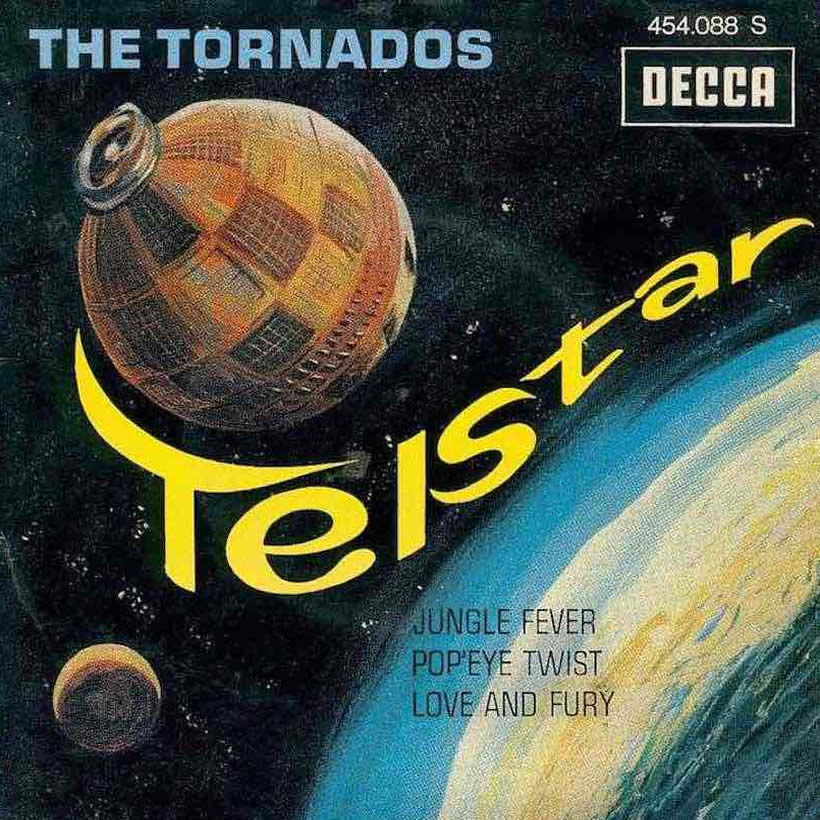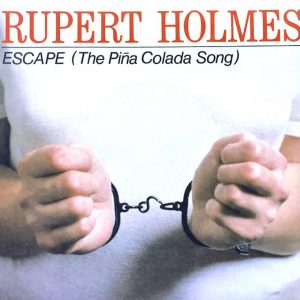Long before The Beatles signalled the official start of what became known as the British Invasion, there were the Tornados, and there was Joe Meek. Their brilliantly innovative instrumental “Telstar” captured the spirit of the age and rocketed to the top of the American Hot 100 on December 22, 1962.
On July 10 that year, an event had taken place that transported British pop music into the space age. The world’s attention was seized by what was happening at the Cape Canaveral Air Force Station in Florida. Back in London, it would give Meek, a young record producer, a moment of inspiration, and produce a Decca Records single that, appropriately, soared into the stratosphere.
Rocket man
The telecommunications company AT&T launched the world’s first commercial communications satellite, on top of a Thor-Delta rocket. It went “live” on the night of July 10, and provided its first moment of what many thought was the stuff of science fiction by bouncing an image of the America flag from the transmitter in Andover, Maine to Pleumeur-Bodou in France, some 3,300 miles away. Less than two weeks later, the first television pictures would be delivered. The satellite was called Telstar.
France may have been America’s partner in this bold venture to develop satellite communications across the Atlantic, but in the world of pop music, it was in the UK that the launch would prove hugely emotive. Meek, a highly-strung but inarguably brilliant record producer by then aged 33, had become one of the hottest names in the British music scene with his inventive productions. His eerie effects on John Leyton’s “Johnny Remember Me” helped make it one of the biggest hits of 1961.
Halfway across the world
So taken was Meek by the technological advancements happening halfway across the world that he set about writing an instrumental named in honour of the satellite. He decided to record “Telstar” with the Tornados, the London instrumental group who had backed many of his artists and who had released one single themselves on Decca, “Love and Fury,” without success.
“Telstar” was a different story. Not only had Meek written an extremely catchy melody, but his production prowess gave him a new secret weapon. The tune was played on the suitably futuristic-sounding clavioline, a keyboard instrument that, with the benefit of hindsight, was the undoubted forerunner of the synthesisers that would dominate pop long after Meek’s untimely demise.
The sky was the limit
When Decca released the Tornados’ single some five weeks after the satellite launch, there was no stopping it. “Telstar” climbed the British charts through September and went on to spend five weeks at No.1. It became an international smash, selling five million copies worldwide and winning an Ivor Novello Award.
Listen to the 60s playlist for more classic 60s songs.
Most prestigiously of all, just before Christmas, it became the first-ever US No.1 by a British group, with a three-week run at the top that lasted into 1963. Joe Meek had proved that it’s always worth reaching for the stars.
Buy or stream “Telstar” on the Dreamboats and Petticoats compilation.




